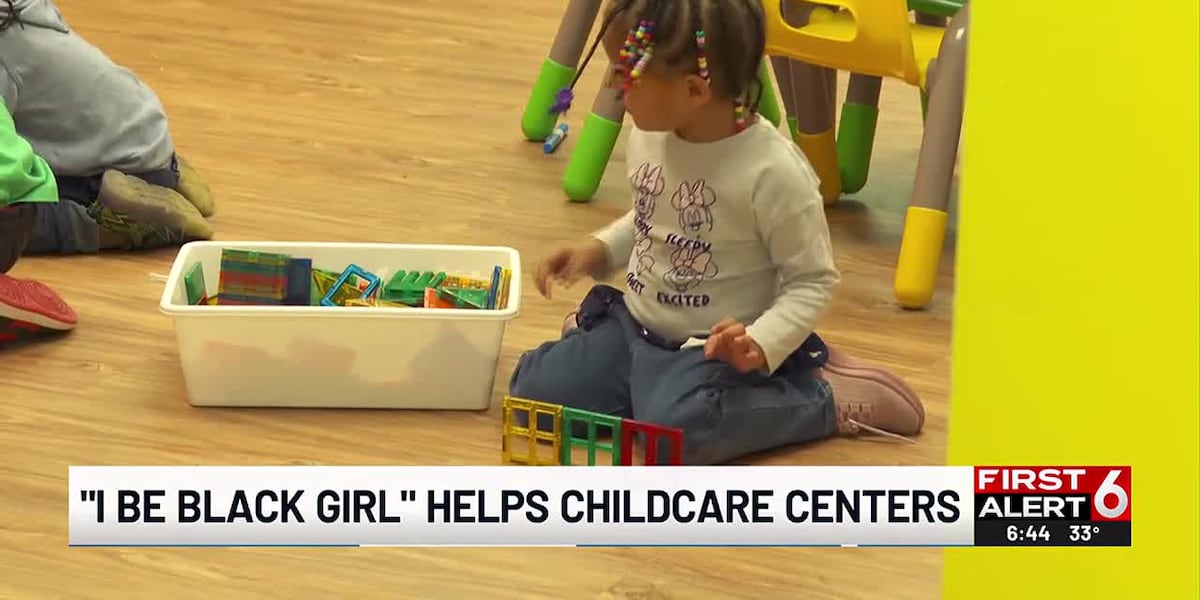
On January 27, 2025, the White House Office of Management and Budget announced a significant moratorium on federal grants and loans, a move that has raised concerns regarding the potential disruptions to various public assistance programs. This suspension could adversely affect millions of Americans who rely on federal support for essential services.
Among the programs potentially impacted are crucial safety net services such as Medicaid, which provides health coverage for low-income individuals and families, and various educational funding initiatives designed to support disadvantaged students. The decision also threatens to pause funding for the Special Supplemental Nutrition Program for Women, Infants, and Children (WIC), a program vital for ensuring nutritional support for vulnerable populations including expectant mothers and young children.
The implications of this funding freeze expand to several additional critical areas. For instance, Section 8 housing assistance, which offers rental assistance to low-income families, could also face delays or reductions, exacerbating housing instability for many households. Similarly, school meal programs that serve nutritious meals to students from low-income backgrounds might see significant disruptions, which could impact student health and academic performance. Further, programs such as Temporary Assistance for Needy Families (TANF) and state childcare subsidies play essential roles in helping families maintain economic stability; any freeze in funding could place increased pressure on these families.
Critics of this pause argue that it undermines the federal government’s commitment to addressing poverty and supporting the most vulnerable populations. As discussions about the federal budget and spending priorities continue, advocacy groups are urging policymakers to reconsider the suspension and its potential consequences for low-income families.
Additionally, experts emphasize the importance of sustained investment in social programs, particularly during economically challenging times. A lack of financial support could hinder long-term economic recovery efforts by leaving many without the resources they need to thrive. As the situation develops, stakeholders from various sectors will be closely monitoring any further announcements from the White House, hoping for a swift resolution that safeguards essential assistance for millions of Americans in need.
This funding freeze not only highlights the complexities of federal budgeting but also underscores the broader debate regarding social safety nets and their role in American society. As these discussions continue, it remains crucial to evaluate the impacts on families and communities across the nation, advocating for solutions that prioritize the well-being of all citizens.
